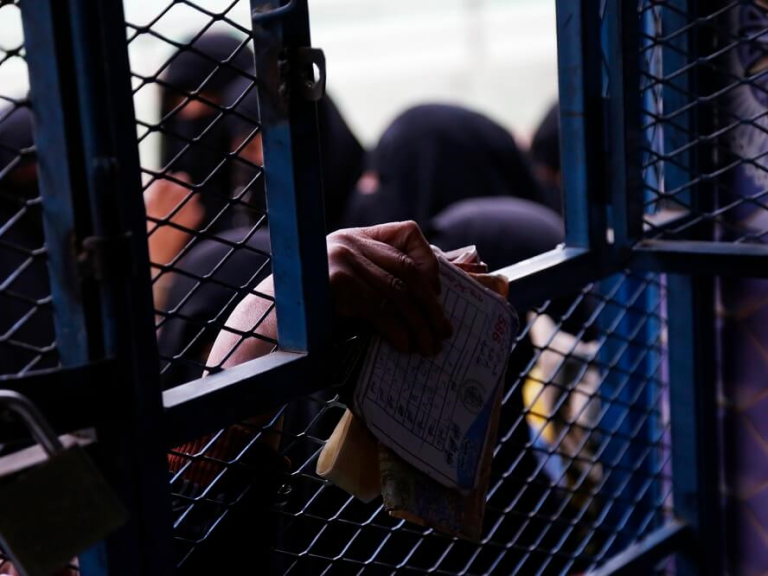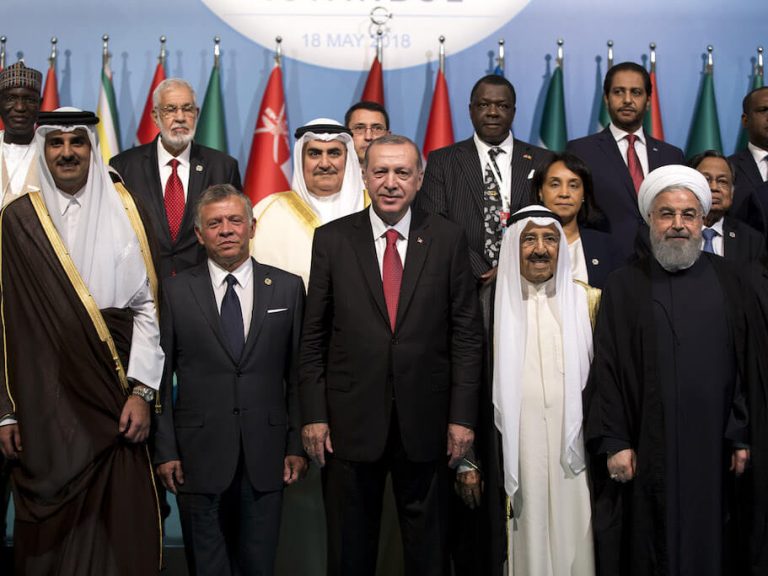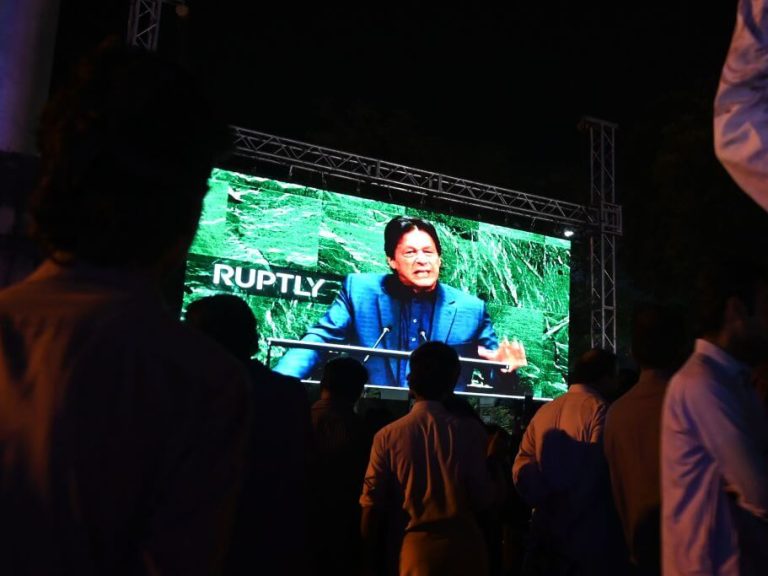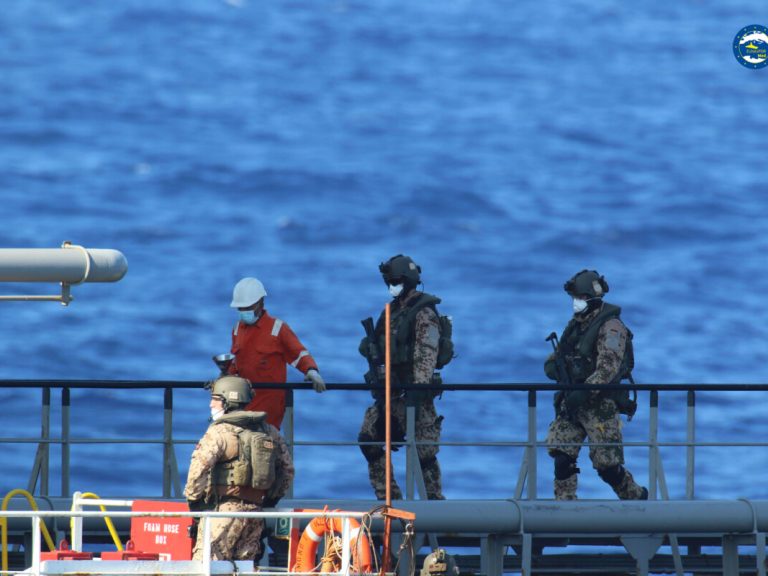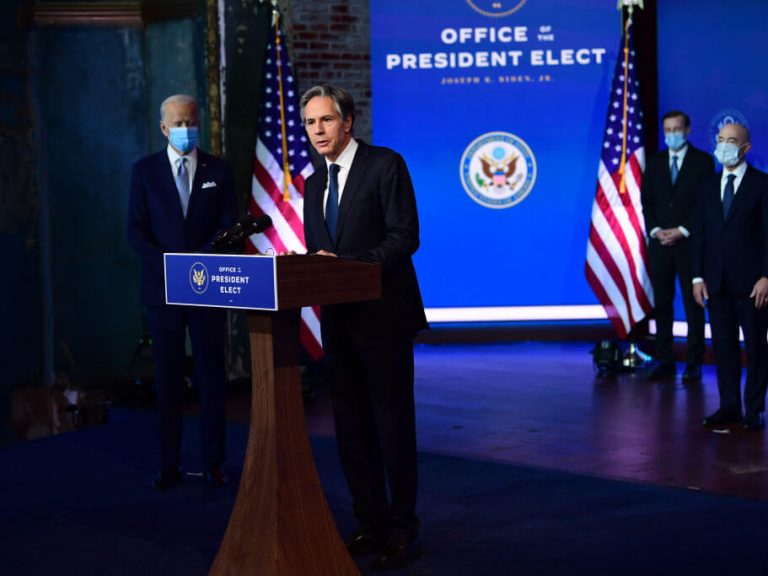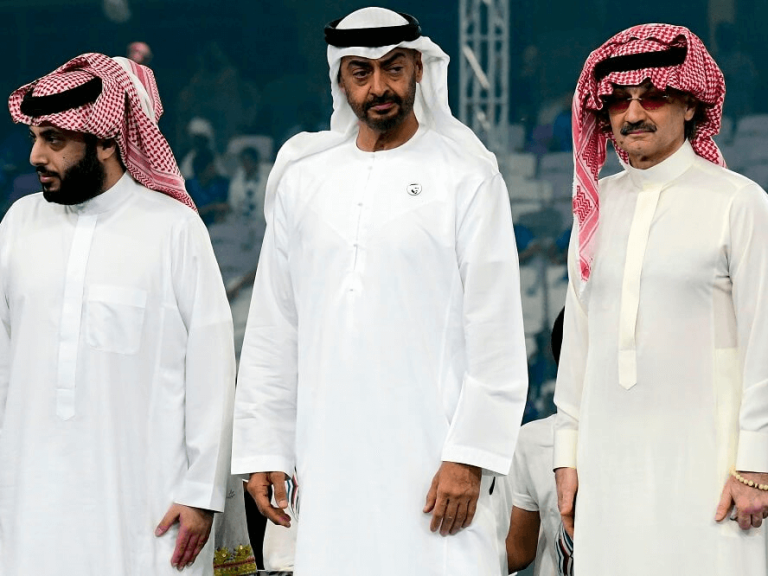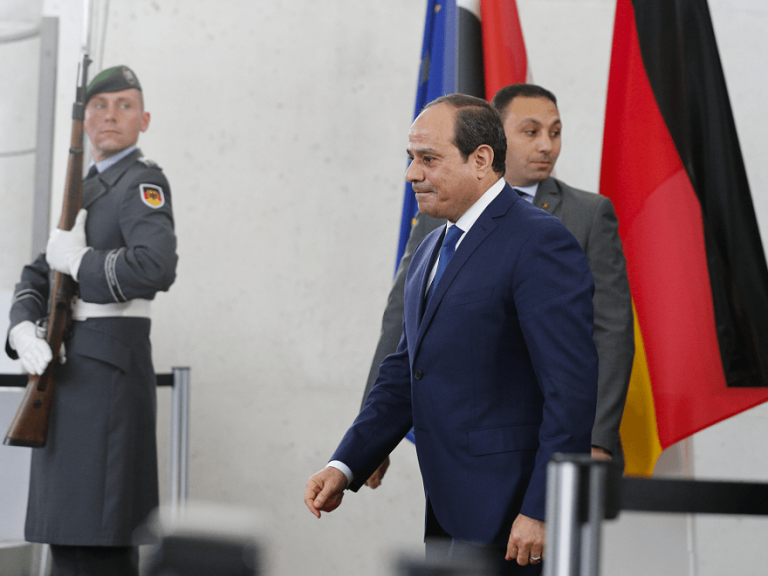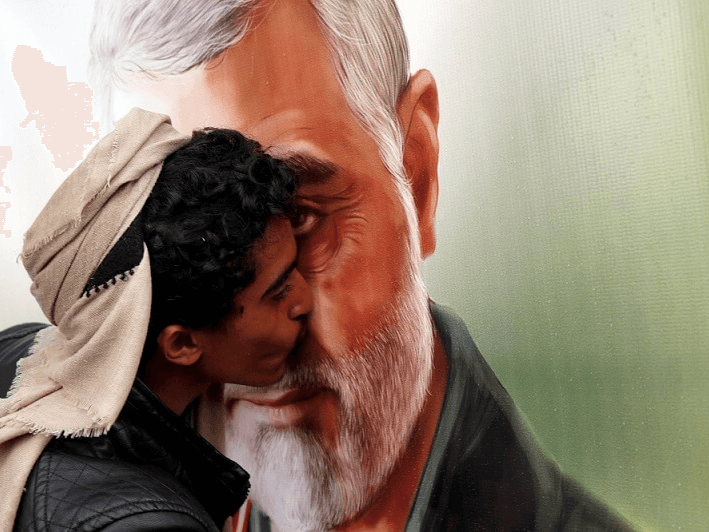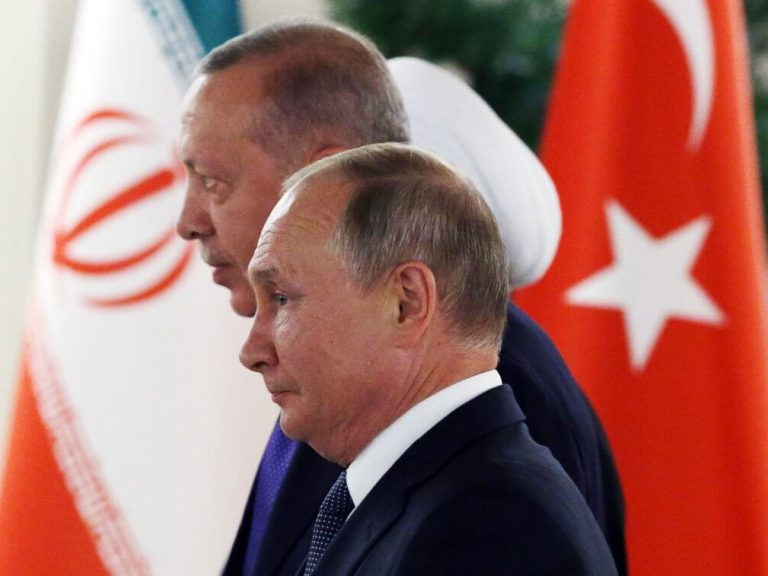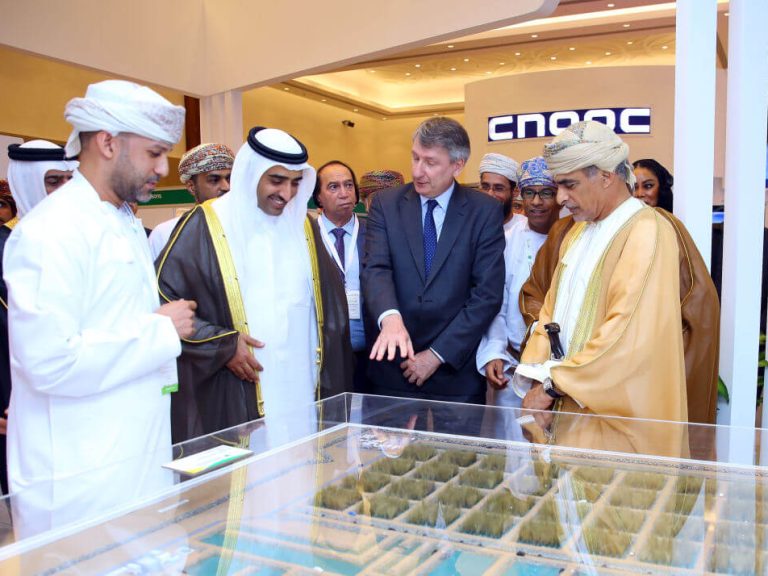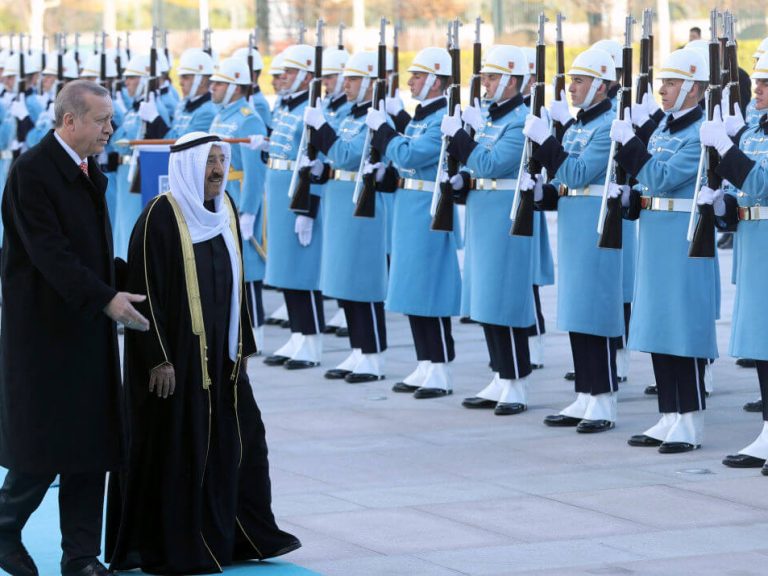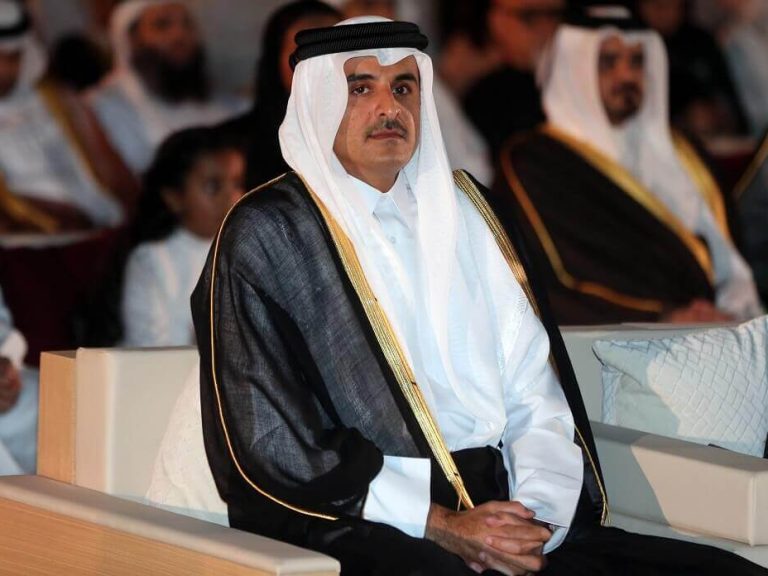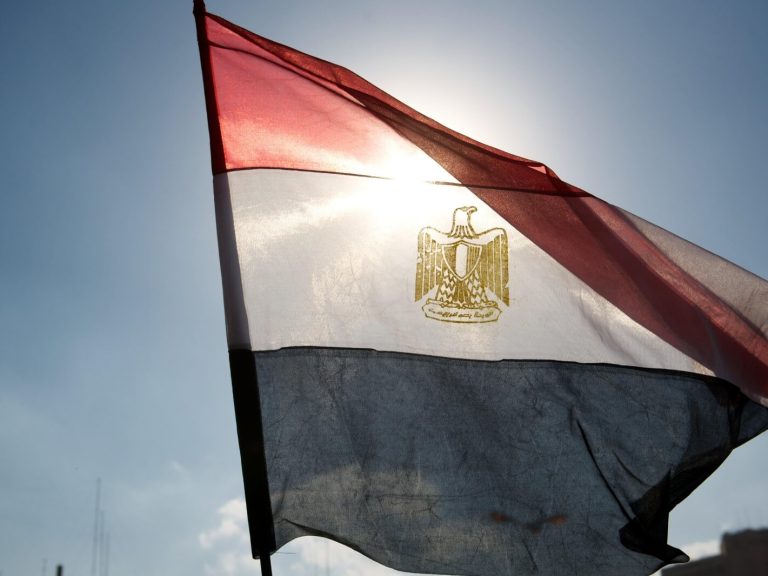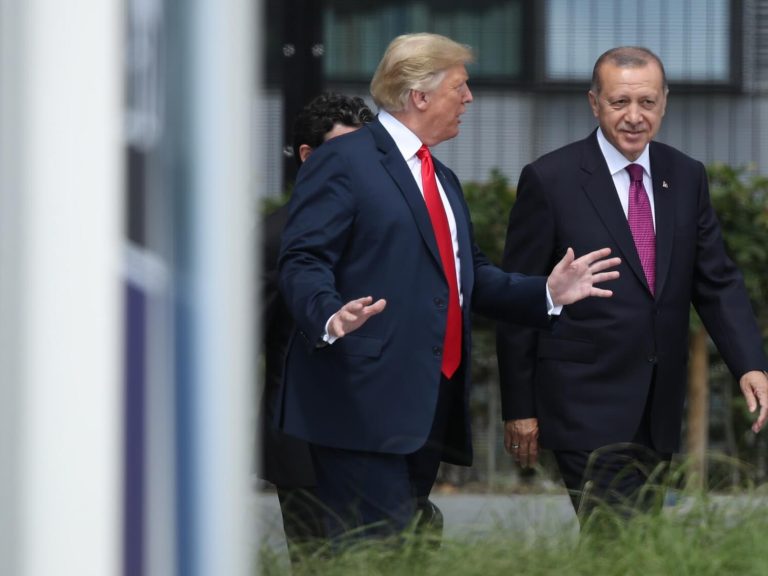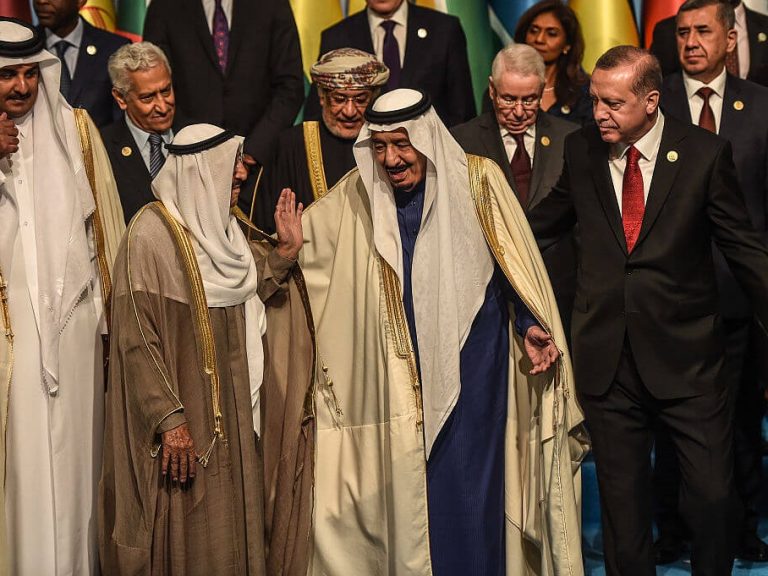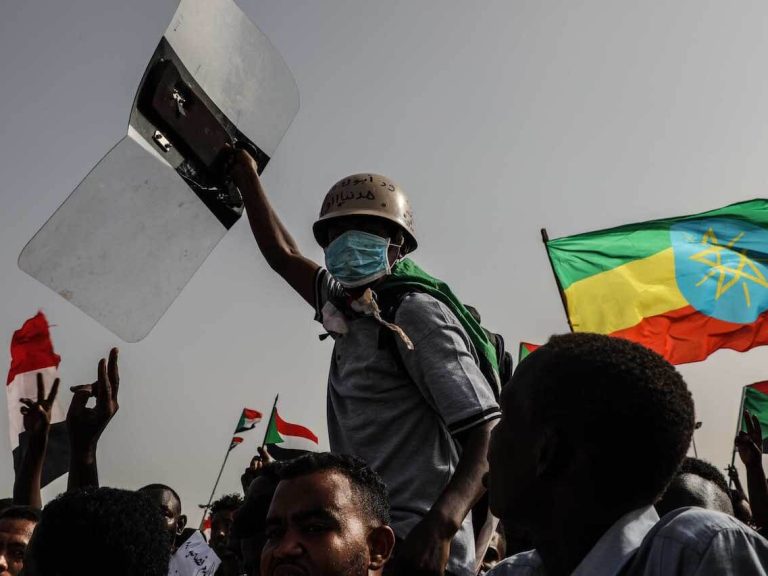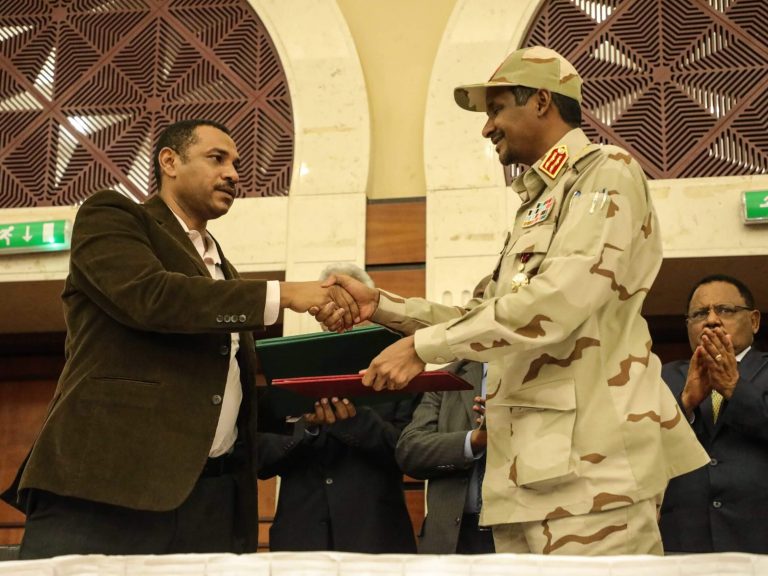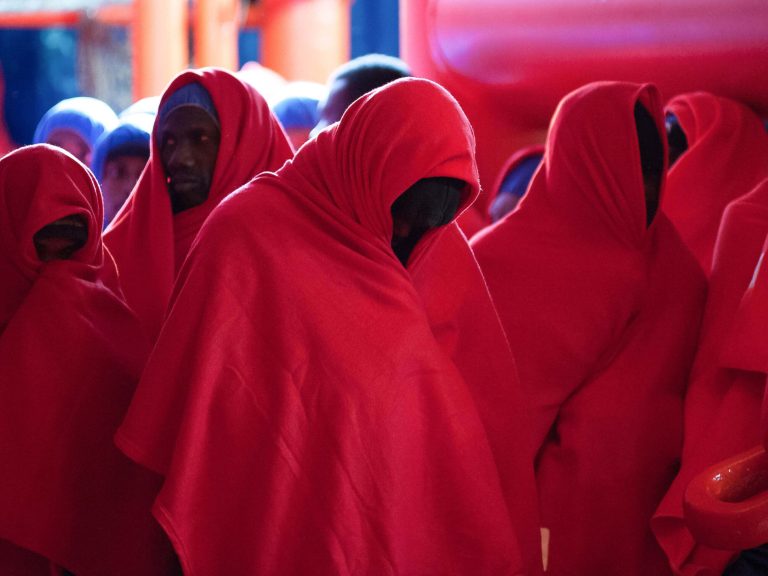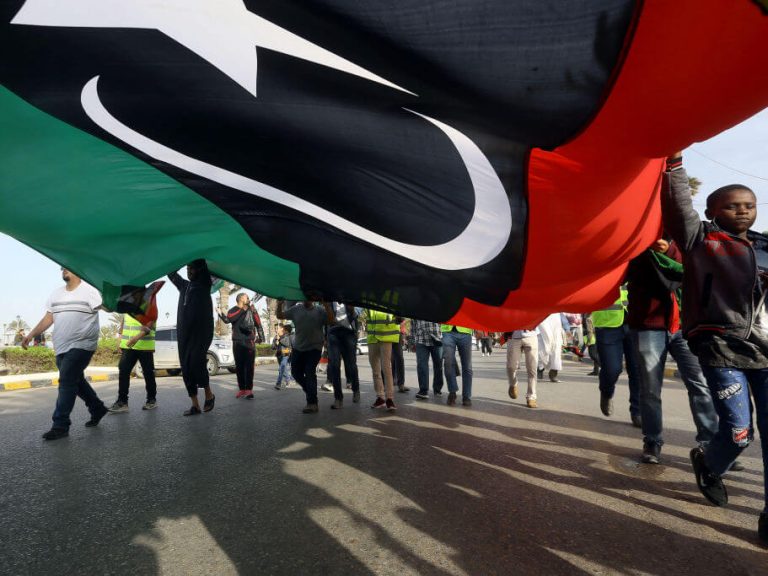Partly in response to the obstruction of aid, donor support to UN aid agencies collapsed in June 2020, particularly from Kuwait, Qatar, Saudi Arabia, the UAE, and the United States.
Can Muslims Reclaim a Unified Political Bloc on the International Stage?
Read: French Islam: How France and the UAE Partners to Create a State Approved Religion
Refugees from Muslim countries would automatically have the right to protection, not as a refugee with the limited rights that often entails, but as a citizen of the ummah.
What Drives Pakistan on the Recognition of Israel: The Arab Gulf, India, or the Pakistanis?
Yet, since the warming up of ties with the monarchy in the UAE (and other states), the question of recognition has been gaining even more attention.
Has the Libyan Civil War Come to an End?
His removal would be a blow to Haftar and his foreign backers: the United Arab Emirates (UAE), Saudi Arabia, Egypt and France.
How Will Antony Blinken Handle US Foreign Policy on Syria, Turkey and Yemen?
Blinken on Yemen
Yemen faces the worst humanitarian crisis in the world according to UNICEF, a condition brought about in large part by the devastating Saudi Arabia- and UAE-led war.
Who Is in Control of Egyptian Football?
The Ultras were targeted by this Saudi- and UAE-supported witch hunt that is related to the presence and position of Turki Al-Sheikh in Egypt.
With Biden’s Win, Saudi Arabia Is Now More Desperate to Appease Israel
In August 2020, he hastened to applaud formally the UAE-Israel normalization deal and even took credit for paving its way.
Despite Withdrawal, Medal for Sisi Only Exposes Lack of Credibility
How was it possible to grant the Medal of St. George to Egypt’s president Abdel Fattah al-Sisi, a true dictator,…
Regional Vulnerabilities Sharpen in the Aftermath of the US-Iran Escalation
The US alerted its embassies and military bases in Iraq, Bahrain, Pakistan, Lebanon, UAE, and Kuwait.
Will Libya Have a Negative Impact on Russia-Turkey Relations?
Here is how a Russian observer assesses the possible consequences for the situation in Libya of the possible entry of Turkish troops into the country: “After Turkey has opened up the opportunity for troops to enter Libya, the UAE, Egypt, and even Russia, who support the field marshal (Haftar), may be involved in the conflict, at least diplomatically.
Will Oman Be Ready for a Post-Oil Future?
Unlike other Gulf countries such as the UAE, Qatar, and Bahrain, the Omani government keeps the ratio of foreigners to its own population at a certain level in order to allow its citizens to benefit more from the already limited resources in the country.
Turkey-Kuwait Ties Are Strengthening in the Midst of GCC Tensions
The third watershed moment for the GCC came on June 5, 2017 when Saudi Arabia, the UAE and Bahrain, along with non-GCC member Egypt, severed diplomatic ties with Qatar.
Why the Gulf Crisis is Here to Stay
Saudi Arabia and the UAE’s lack of success on a number of regional issues, particularly the Qatar blockade, have led these countries to reconsider their foreign policies.
Sisi thought It Was All Over, but Egyptians are Still Ready for Change
Sisi was placed in power by regional and global actors led by the US, Israel, Saudi Arabia and the UAE with the aim of ending the revolutionary process in Egypt in 2011.
Will Turkey and the US overcome their Disagreements over Syria?
If the U.S. withdraws from Syria under a deal to let the Turks in, it could significantly mend US-Turkey relations;…
Turkey-Saudi Rivalry: Conflicting Visions for a Future Middle East
Riyadh’s silence in the face of July 15 failed coup attempt and rumors that their ally, United Arab Emirates (UAE) spent $3bn on the plot was a turning point in deteriorating relations between Turkey on the one hand and Saudi Arabia and the UAE on the other.
Sudanese People Long For a New Dawn Where Their Voices are Heard
It is time for the international community to step forward, especially Saudi Arabia and the UAE, to help Sudan establish its democracy rather than arming and financing the anti-democratic clique.
Sudan Peace Talks: A Chronology
Between 24 and 26 of May, leaders of Sudan’s Military council visited the 3 meddler countries in Sudanese affairs – Egypt, Saudi Arabia and the UAE.
Is Drowning Immigrants the EU’s New Strategy?
The attack by Khalifa Haftar, a rogue figure backed by the EU, Saudi Arabia and the UAE in Libya’s political conundrum, amounts to crimes against humanity.
Haftar Wants to Drag Turkey into the Libyan Conflict
Being the sole representative of the anti-Arab Spring camp in Libya, which is backed by the UAE-KSA-Egypt axis, Haftar adopted an anti-Turkey policy since he began his coup d’état attempt.
